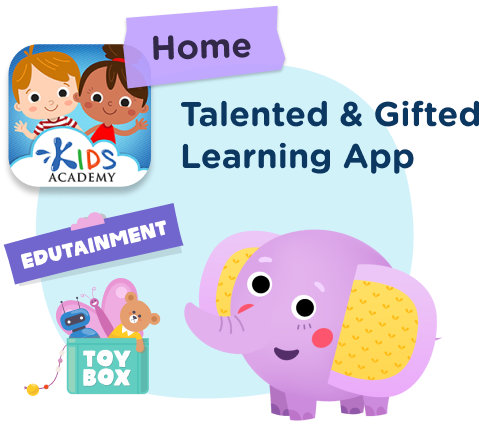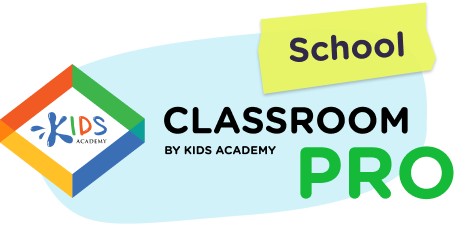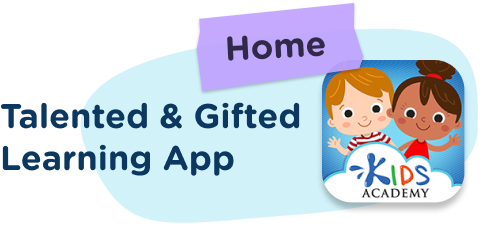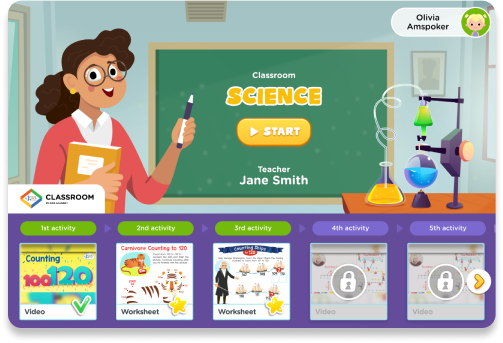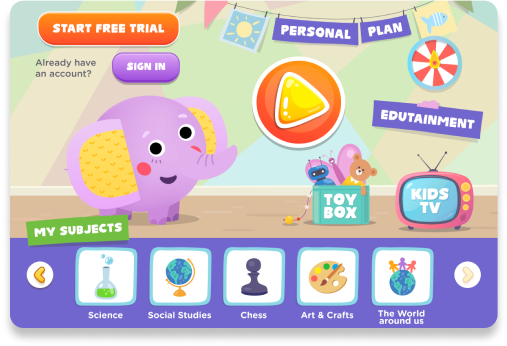Phonics practice Beginning Sounds Worksheets
5 filtered results
-
From - To
Enhance your child's phonics skills with our engaging Beginning Sounds Worksheets! Designed for early learners, these printable activities focus on identifying and mastering initial sounds of letters. Children will enjoy colorful illustrations and interactive exercises that make learning fun and effective. Each worksheet features a variety of exercises tailored to strengthen phonemic awareness, helping kids build a strong foundation for reading. Ideal for classroom use or at-home practice, these worksheets will inspire curiosity and boost confidence in young learners. Discover the joy of phonics practice and watch your child's skills flourish with our thoughtfully designed resources!


Twin Onset Worksheet
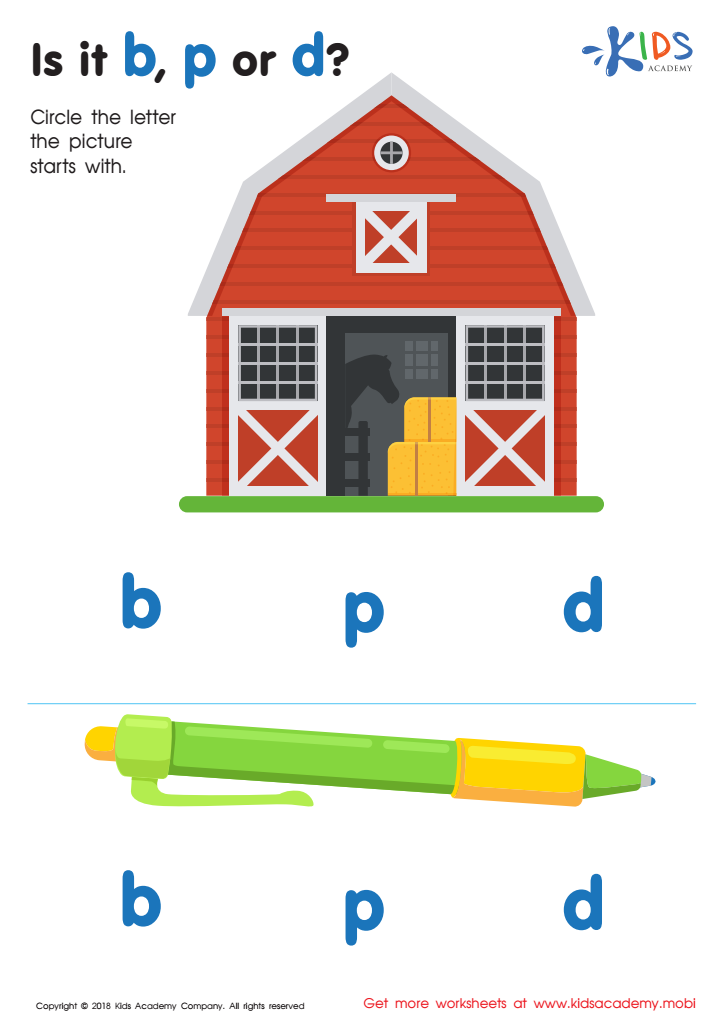

Is it b, p or d? Worksheet


Words with sound p Reading Worksheet


Words with sound f Reading Worksheet
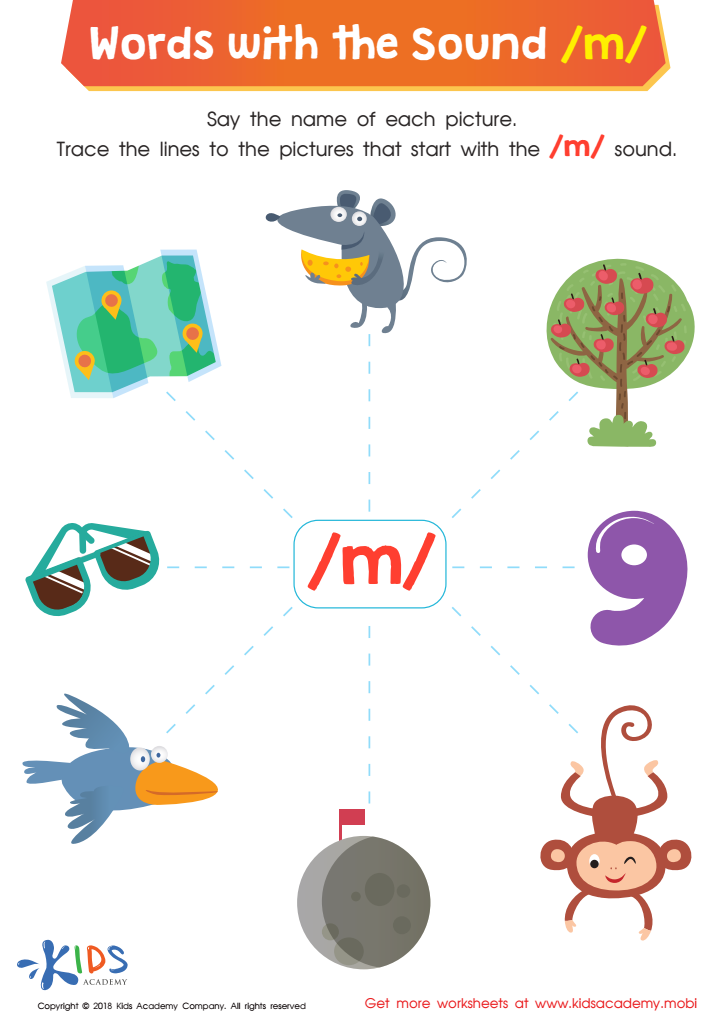

Words with Sound M Reading Worksheet
Phonics practice, especially focusing on beginning sounds, is crucial for early literacy development. Understanding beginning sounds helps children recognize the first letters in words, which is foundational for reading skills. This awareness enhances their ability to decode words, facilitating spelling and reading fluency. When children learn to identify the initial sounds of words, they build strong phonemic awareness, an essential aspect of literacy that contributes to successful reading comprehension.
For parents and teachers, incorporating beginning sounds practice creates a supportive learning environment where children can flourish. Engaging with children in activities that emphasize beginning sounds—like playful word games, songs, and storytelling—makes learning enjoyable and memorable. It frequently reinforces their ability to associate letters with sounds, further honing their reading potential.
Moreover, mastering beginning sounds encourages confidence as children progress in their reading journey. It enables them to tackle new words independently, reducing frustration and fostering a love for reading. As children become more competent readers, meaningful communication skills develop, laying the groundwork for a lifetime of effective literacy, both in academic settings and everyday life. Hence, prioritizing phonics practice in early education is key for nurturing proficient and enthusiastic readers.
 Assign to My Students
Assign to My Students














